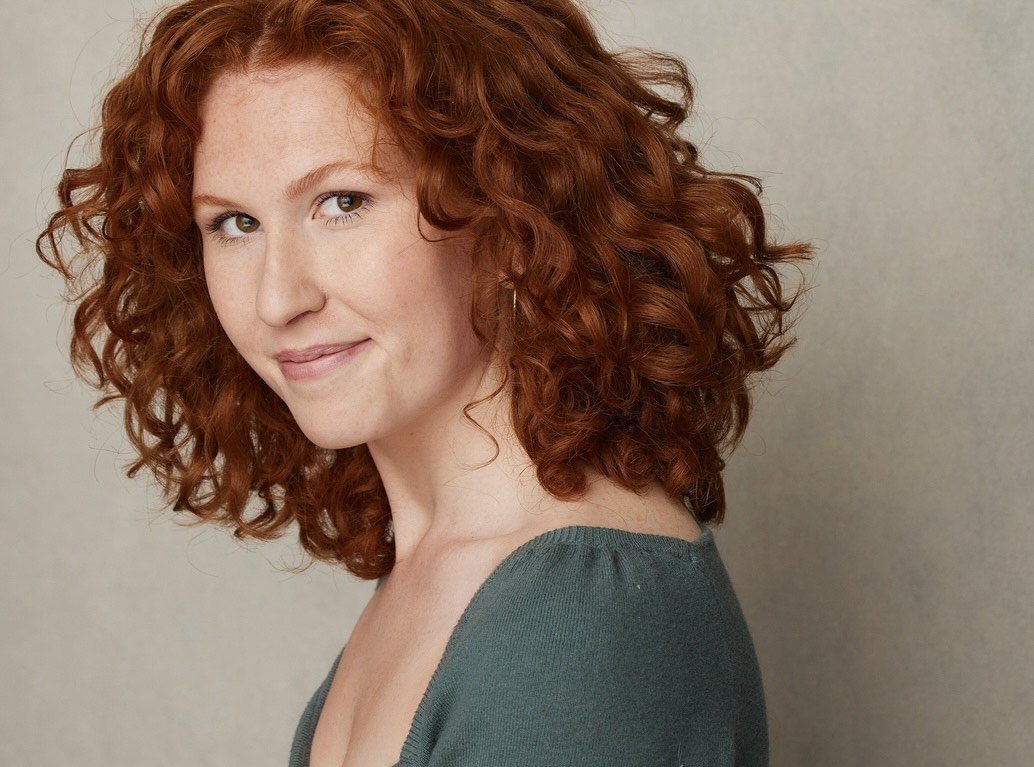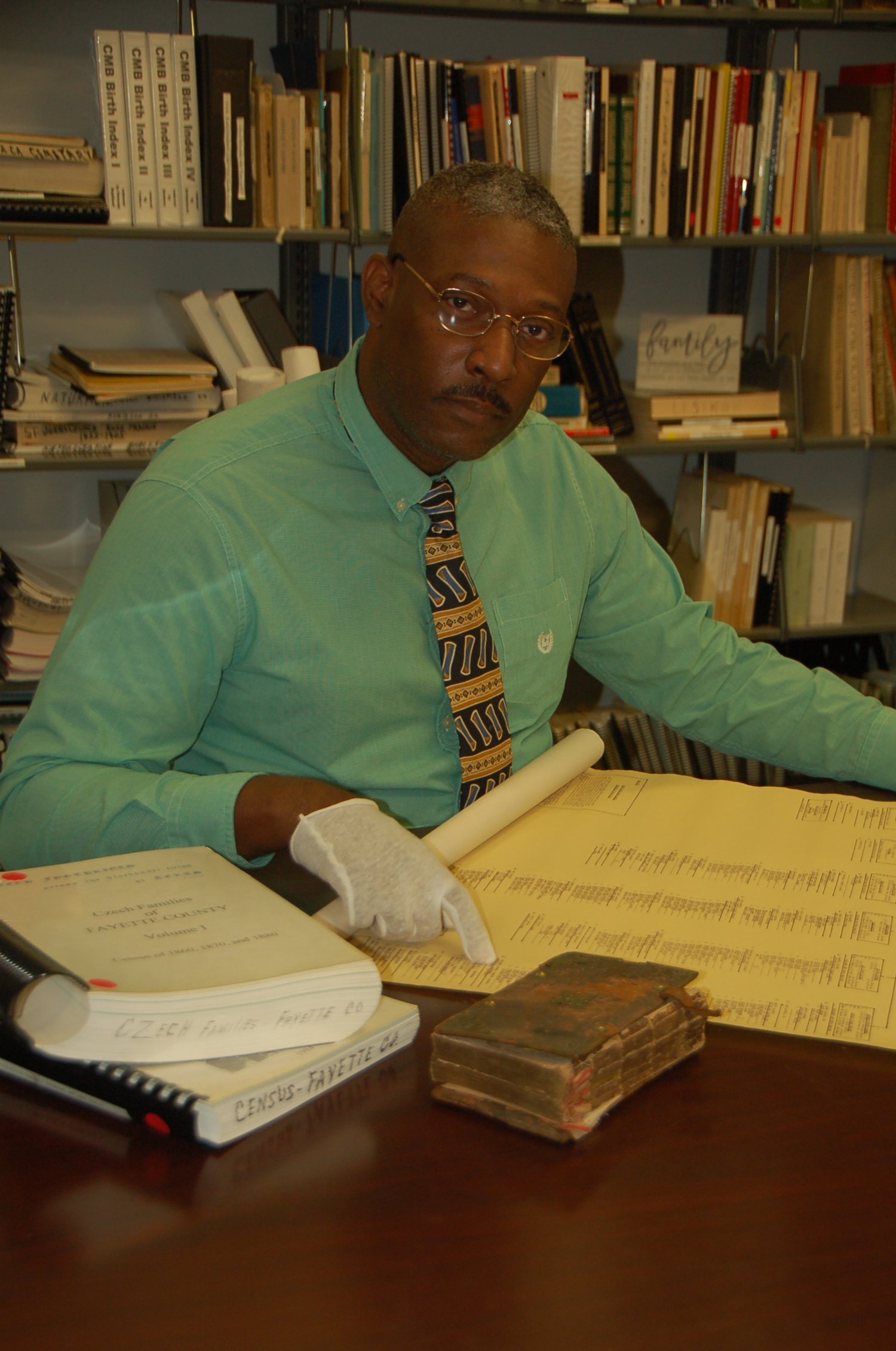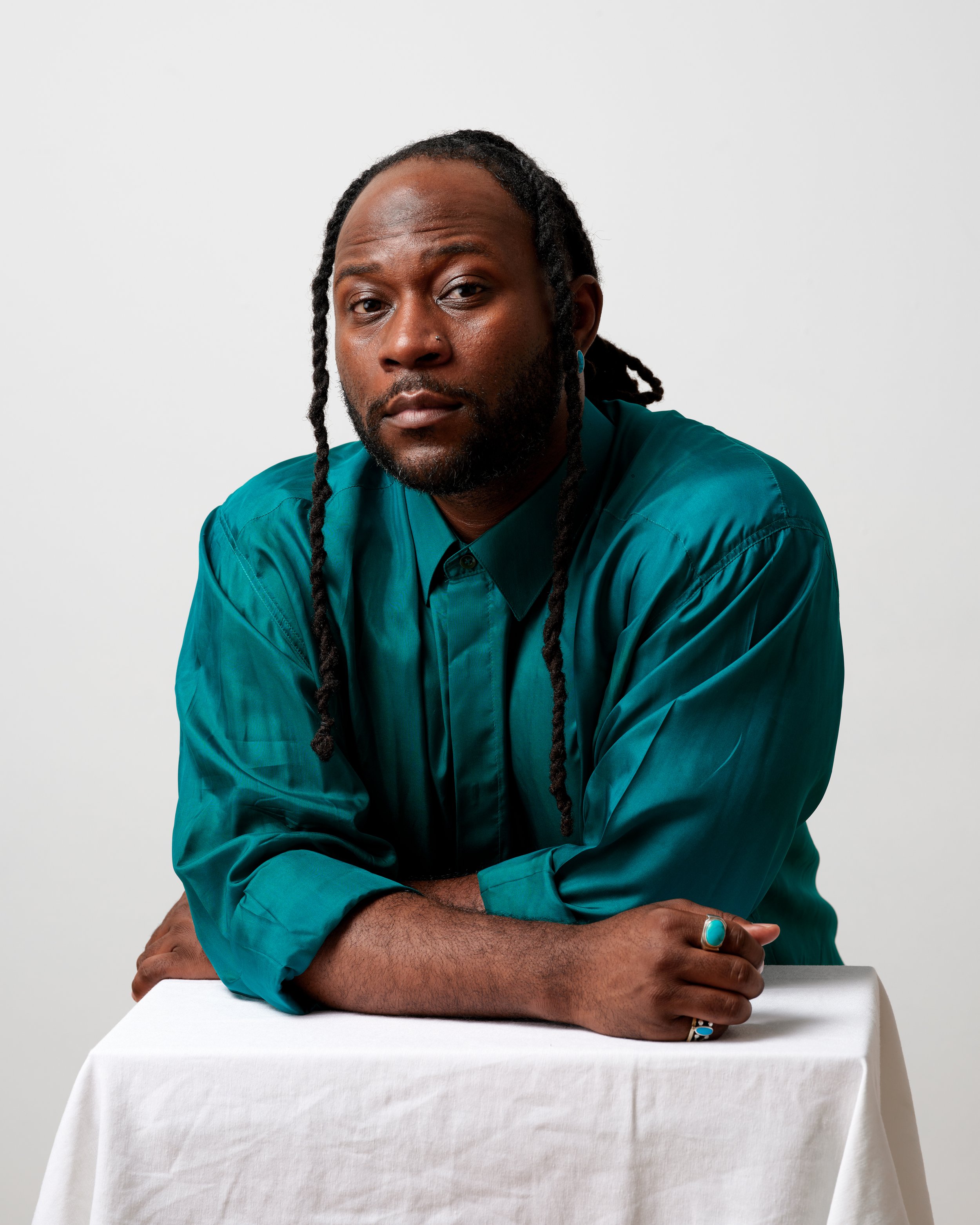« Gloria Victoire » my name and middle name that mean “glory” and “victory” my mom always give us name to my brothers and sisters that would give us the power to keep going through trials and bring to life their meaning. Born in 2001 in France, I lived all my life at the rhythm of ballet school, school and family. But after a leg injury, I decided to explore the world of art and the human being through a double degree in art history and anthropology and graduated in June 2022. During this master year, I want to focus on the transmission of music in African societies, through griots and tales and the intellectual property, especially case of plagiarism of known songs with traditional and indigenous songs.
Since my youngest childhood, I have been immersed in orality. Indeed, the culture of my parents has always been transmitted orally through songs, tales and myths. The very history of my family is perpetuated orally. My culture was constituted in orality, stories, legends, everything was lived, spoken and told.
Coming from a family of 5 brothers and sisters, it has always been difficult for me to make myself heard and to send my ideas. It's very hard to talk about your day when 5 people are talking at the same time as you during the meal.
This is why orality and more specifically oral history is important to me, it took me many years to realize that my voice also had an impact. I want everyone to have the opportunity to make his voice and what he or she wants to express, heard. It was by realizing that my words could also have an impact that I began to use this to make my ideas heard. Orality is a founding instrument of our societies long before they were even formed. Long before having writing, people already had a history, ways of thinking and traditions.
By joining the 2022 cohort OHMA, I want to highlight oral history, contribute to the promotion of oral archives, so that they are as used and recognized as any existing material evidence. I will learn oral history theory and method that will prepared me for future research.


















